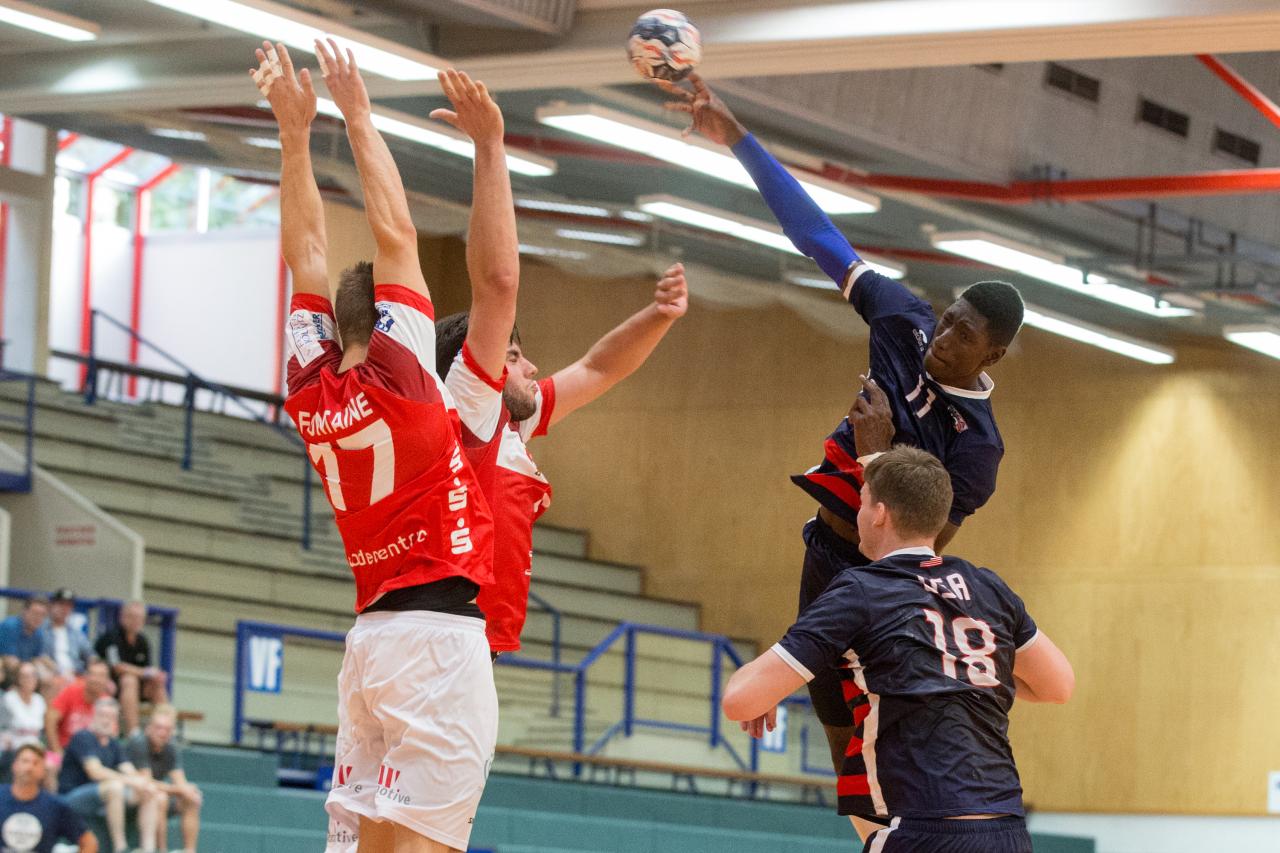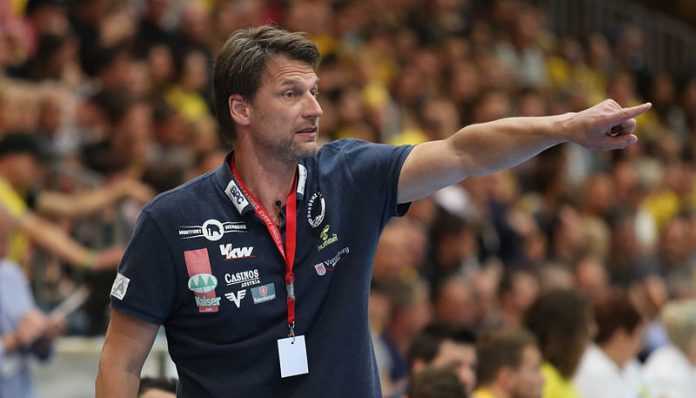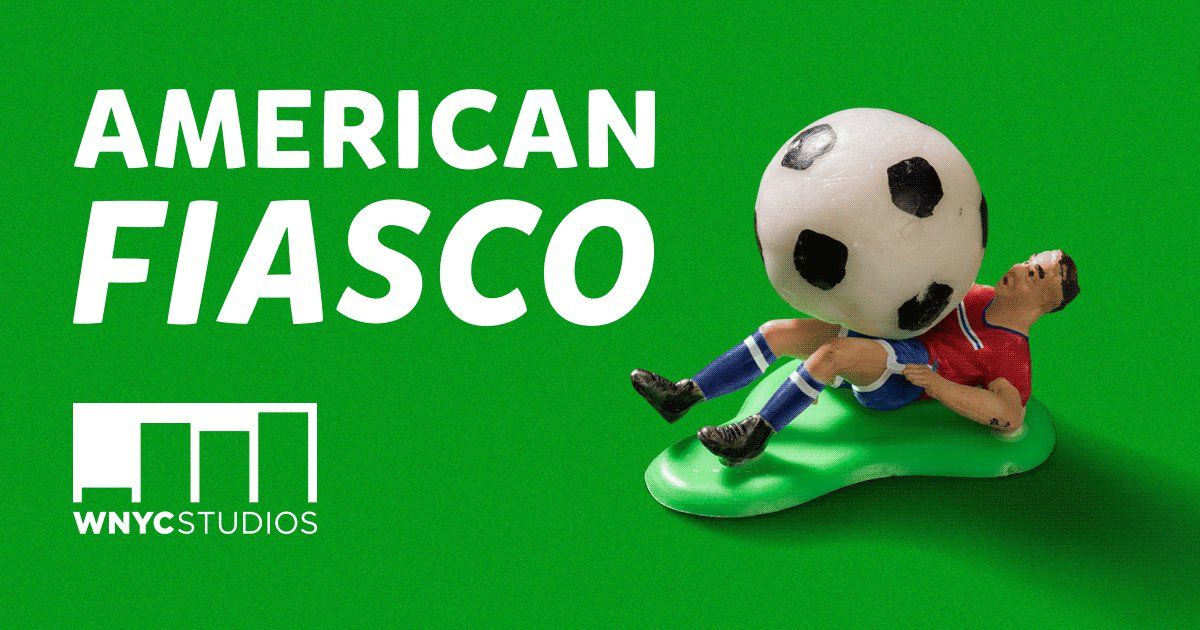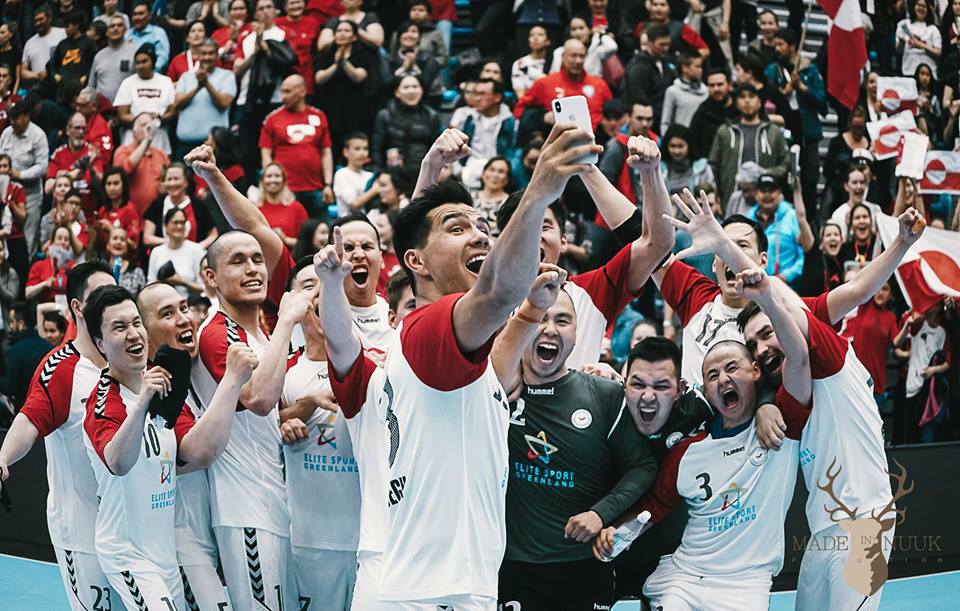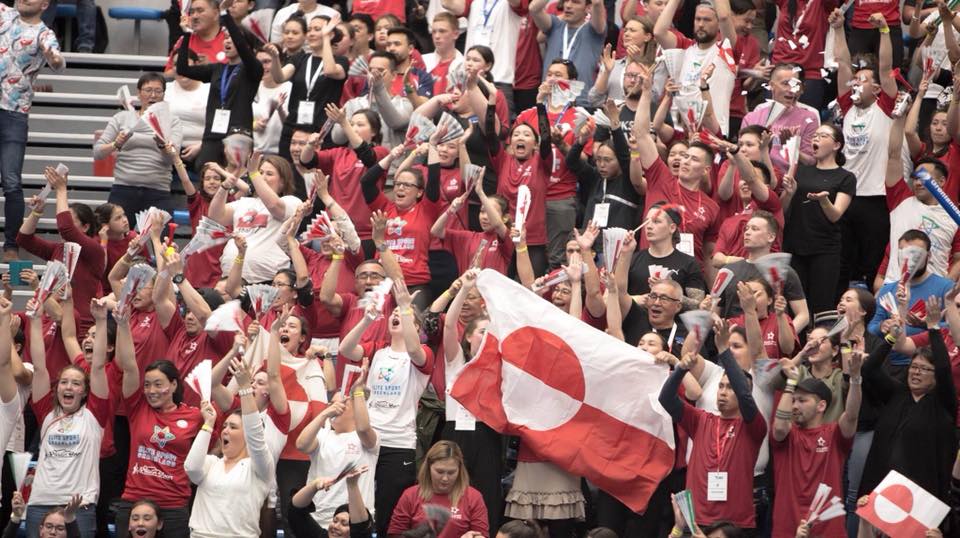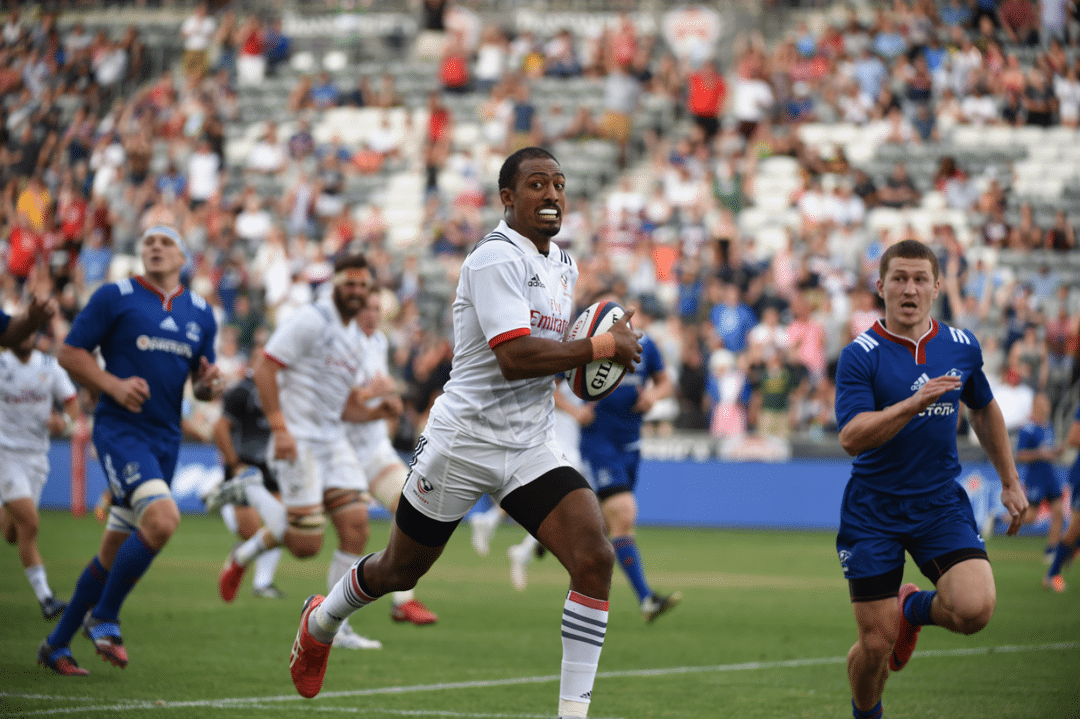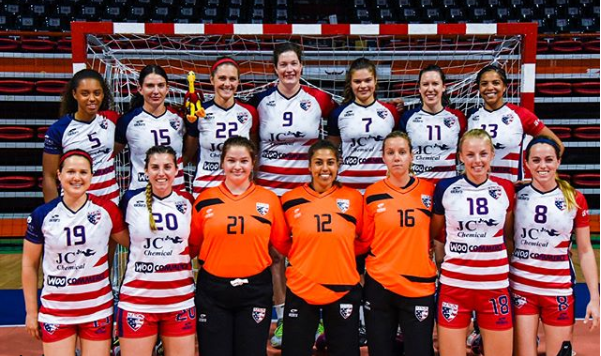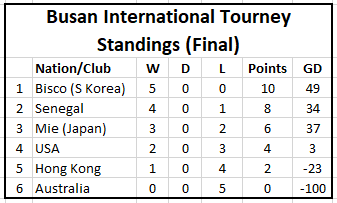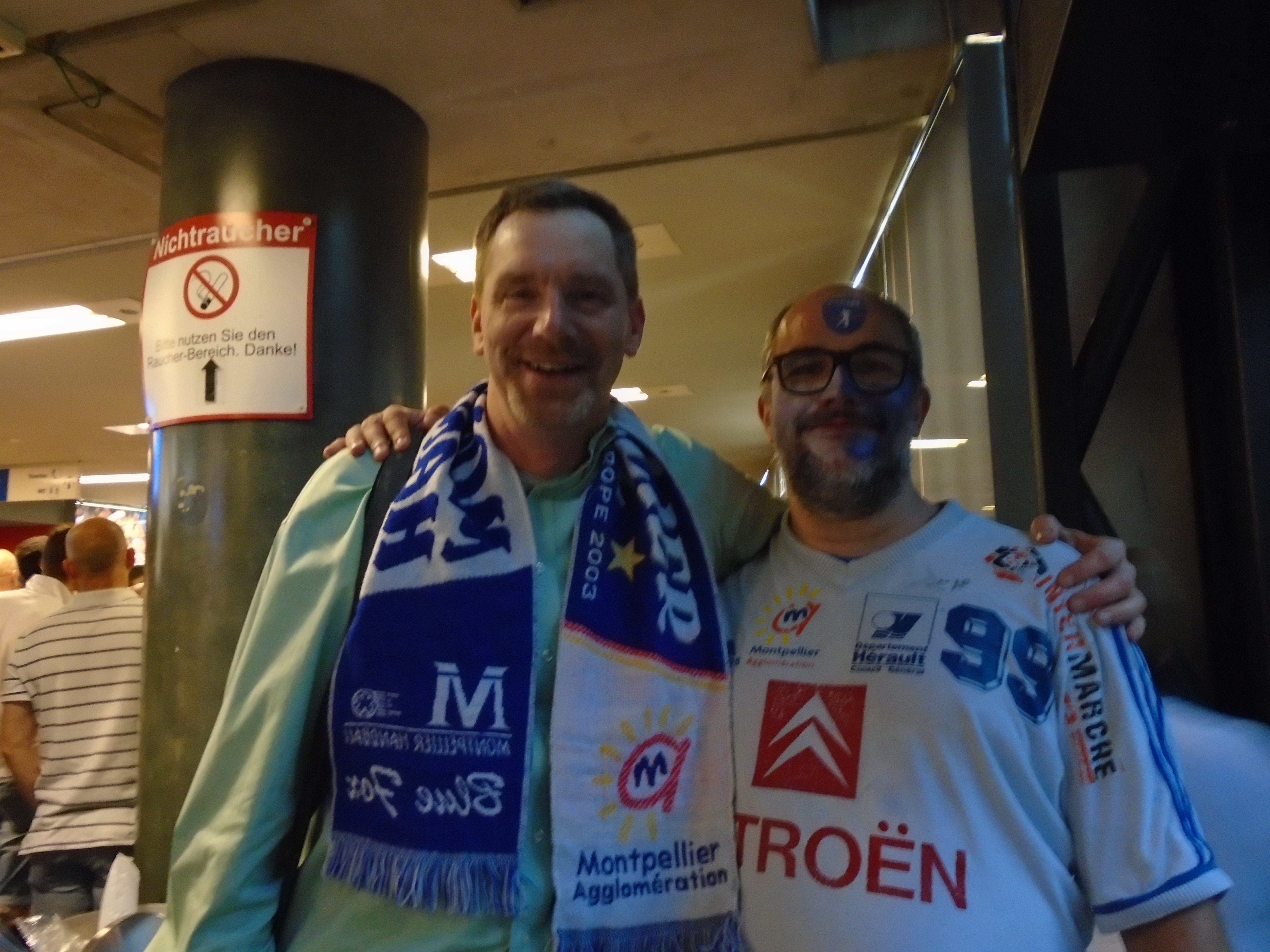
A collegiate final four in the future. A U.S. National Team competing in a French league. A bigger push towards television. There’s a lot to like in USA Team Handball’s 1st ever strategic plan.
This past week USA Team Handball unveiled a Strategic Plan which outlines organizational plans for the next 10 years leading up to the 2028 Olympics.
USA Team Handball article unveiling the Strategic Plan: Link
USA Team Handball Strategic Plan: Link
The plan covers a lot of ground, but here are the four main focus areas:
Organizational Development: This area outlines the need for reconstituting the Board of Directors and increasing the size of the administrative staff. The reconstitution of the Board has already started with 3 new board members (Randy Dean, Dee Miller, and Dave Buckman) recently being added to the Board. Administrative staff positions have also been identified with plans to hire a CEO later this year and a Digital Media specialist and Technical Director next year. Current CEO, Mike Cavanaugh will apparently be reassigned to a new Director of Operation position.
Fundraising: This focus area places additional emphasis on the need for improved fundraising with the hiring of a CEO with fundraising expertise, the need to develop fundraising acumen of the Board of Directors, the development of long term strategy for fundraising and to better engage national team alumni
Marketing and Digital Communication: This area will seek to improved USA Team Handball’s online presence and to better link marketing efforts with fundraising and sponsorship.
Operational and Competitive Excellence: For most long time followers of the sport this section contains the meat and potatoes initiatives that will seek to improve national team performance and club competitions. One key initiative will expand the college game and introduce a season ending Final Four Event. Another initiative will be to improve national team performance through the placement of a U.S. team in a French handball league for regular competition.
Commentary: Even occasional readers to this website have probably seen me link to this May 5th, 2013 commentary advocating the need for USA Team Handball strategic planning on more than one occasion. Yes, back in 2012 there was a similar effort that stopped prematurely for reasons that have never been explained.
The need for a strategic plan has been my personal mantra. A vital first step sorely needed to turn things around and for 6 years I expressed this to virtually everyone in a leadership role. For sure, I would have like to have seen this process start back up a whole lot sooner, but really, it’s time to just move forward and be glad it’s finally been done.
I also played a small role in the plan’s development with my attendance at one of the planning meetings. I had the opportunity to share my views and influence the final outcome. Do I think the “change agent” who advocated such an effort for so many years should have been more directly involved in the document’s drafting? Yes, for sure, but really, it’s time to just move forward and be glad it’s finally been done.
But, in effect, even if I was just peripherally involved one doesn’t have to peruse this section on the website very long to see that many elements of what I’ve been advocating have found their way into the strategic plan. Collegiate focus? An overseas residency? More focus in efforts to get the sport on TV? What’s next? A rethinking of our stateside residency program? Really, maybe, I should pinch myself. There’s a lot to like in this plan.
Do I agree with everything? No. I think it is a bit too solution specific in a few areas. In a sense more “tactical” than “strategic” with strawman action plans that probably could stand more vetting and further assessment. A bit more weighing of all the possible tactical options that might a particular strategic goal before identifying a specific solution. One specific example: I would suggest that Denmark, Germany and Eastern Europe are possible candidates for a European residency effort in addition to France. And, that a tactical assessment should be left to the new staff to present to the Board for decision at a later date.
Of course, it’s always a debate as to how tactical a strategic plan should get. I think it goes too far in some areas. Others probably want everything spelled out in detail. Reasonable people can disagree.
There are several other areas that I could nitpick over. Some of the Appendix A financial goals are very optimistic projections. (Well, optimistic when compared contextually to other USA team sport federations with 50-100 fold larger fan and membership bases). Youth development goals are not well defined. The strategic vision of how the U.S. goes in 10 years time to a top 6 team needs a lot more definition…
I could go on, but as I wrote back in 2013 it’s very easy to critique just about any plan. But, it’s less easy to critique a plan developed through a structured process. And, while I would have like to have seen this effort involve more people and a formal review process, I won’t complain too much.
It’s time to just move forward and be glad it’s finally been done.

